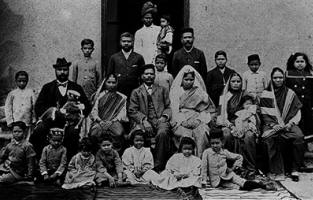Hmm I don't have much access to Polish history where I am, I'll take a trip to the British library and see if they have anything.
Pjsdude is basically mixing up totally unrelated historical events and making them into a hideous mess of fiction.
1. Sweden and Poland are at war. Sweden invades Poland BUT doesn't kill all the Jews...or any really while slaughtering Poles. Poles get suspicious that Jews weren't killed...they must be conspiring with Swedes --> They slaughter countless Jews in "retaliation".
Now rewind about 100 years to this unrelated event...
2. The reformation was in large part founded by Martin Luther...father of Lutheranism. He wrote this great book - On the Jews and Their Lies, 1543
But if you look at it historically you will find "Major Event in Europe" = "Jews become slaughtered", so it's easy for dude to speak with such callous disregard for history and still hint at truth.
NOW, what you were looking for.
In 1920ish or so Poland declares independence and gives many freedoms to the Jews. Massive influxes come to the country, 3.4 million population after 25 years (the influx was only about 1.1 million)
Jews spoke Yiddish or Hebrew, lived in their own villages - comprised overwhelming numbers in medicine, banking etc. and were 20% of all school children. They were the most educated, the best paid, and they were also exclusionary. This obviously lead to resentment. This is why 20 or 30 years later it wasn't hard for them to say to NAZI Germany, "Okay, take them away"
Last edited:


